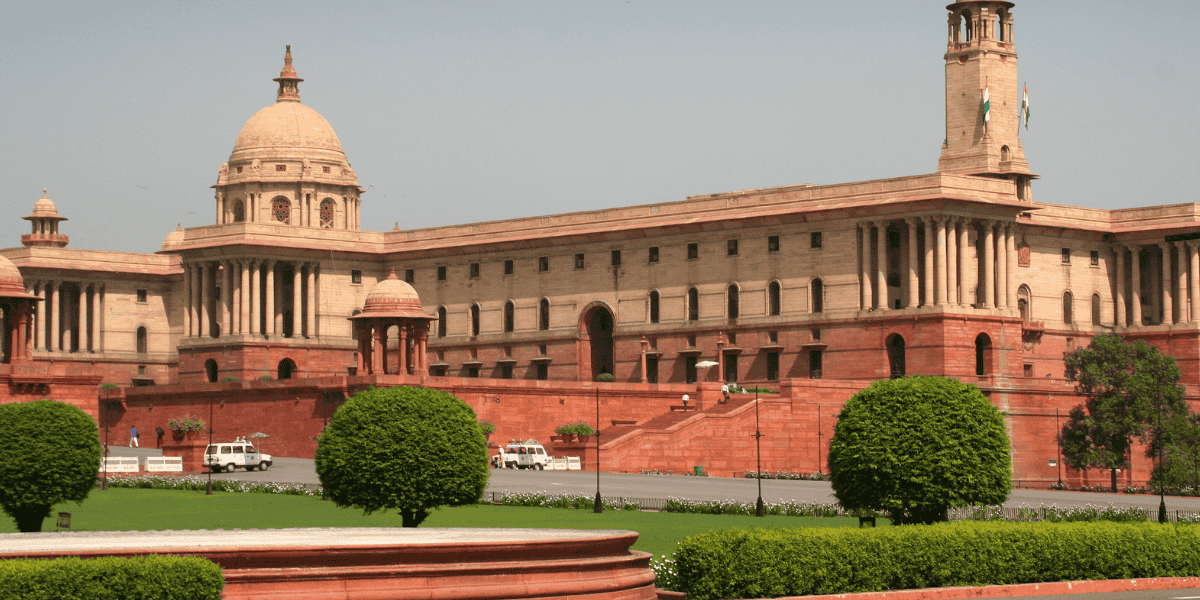On 26 July 2021 the OECD published the stage 2 peer review report on India in relation to making dispute resolution mechanisms more effective under action 14 of the action plan on base erosion and profit shifting (BEPS).
The BEPS action 14 minimum standard is concerned with improving tax dispute resolution and member countries of the OECD’s Inclusive Framework are committed to complying with the minimum standard and being reviewed and monitored in the peer review process.
The report notes that India’s mutual agreement procedure (MAP) programme is well established and a large number of new MAP cases commence each year. At 31 December 2019 there were around 950 MAP case cases pending, of which 83% were related to the issue of allocation or attribution of profits.
The report notes that India has worked on addressing the issues raised in the stage 1 peer review, and almost all of the issues raised have been resolved. Some new issues have however arisen in the stage 2 peer review.
The double tax treaties concluded by India all include a MAP provision and the treaty network is mostly consistent with the requirements of the minimum standard under BEPS action 14. However, around 10% of the tax treaties do not include a provision that mutual agreements should be implemented regardless of any time limits in domestic law; and also do not include the alternative provisions for Article 9(1) and Article 7(2) to set a time limit for making transfer pricing adjustments.
India therefore needs to amend some of its tax treaties to bring them into line with the requirements of an effective dispute resolution mechanism under the minimum standard. It has signed and ratified the multilateral instrument (MLI) to implement tax treaty related BEPS issues into its bilateral tax treaties, and some of its tax treaties are being modified to fulfil the requirements of the minimum standard.
In the case of tax treaties not covered by the MLI, India intends to update these treaties via bilateral negotiations to ensure compliance with the minimum standard.
India has an established a bilateral APA programme which also permits taxpayers to request rollbacks of bilateral APAs which are granted in practice. Access to the MAP is provided in transfer pricing cases and in cases related to the application of anti-abuse provisions. Access to the MAP may however be denied in eligible cases where the relevant issue is pending substantive determination or where the Authority for Advance Rulings has already reached a decision.
The report notes that India has put in place a bilateral notification process for situations where the competent authority considers the issue that is the subject of the taxpayer’s MAP request is not justified. Guidance has been issued on the availability of the MAP and on how it works in practice.
There is also an administrative dispute resolution process that operates independently from the tax administration’s audit function and is accessed by taxpayer request. However, the MAP profile and the administrative guidance do not clarify the effect of the administrative dispute resolution process where the issue under dispute is pending substantive determination.
During the period 2016 to 2019, India’s competent authority did not close MAP cases on average within a timeframe of 24 months as required, and instead the average time was 34.44 months. This indicates that the competent authority does not have sufficient resources to conduct the MAP program and that more resources are necessary to attain timely resolution of MAP cases and handle the increased number of cases.














